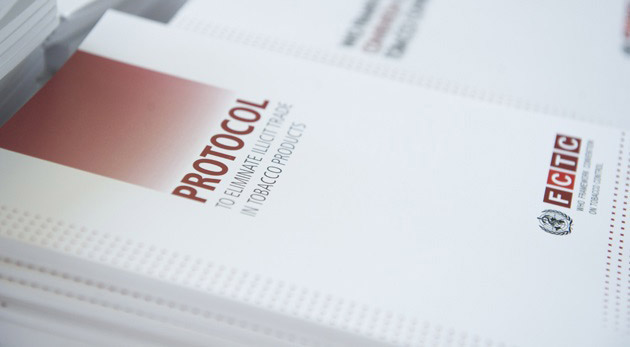
Context
Kuwait ratified the WHO Framework Convention on Tobacco Control (FCTC) on 12 May 2006, demonstrating its commitment to tobacco control. In line with its obligations under the WHO FCTC, Kuwait also signed the Protocol to Eliminate Illicit Trade in Tobacco Products in 2012. However, the process of ratification for this protocol was not finalized until 2019.
Initiative
The process of becoming a Party to the Protocol involved signing and ratifying it. For parties that joined later in the process, signature and ratification were merged. Due to the Protocol's nature as an international law addressing tobacco smuggling, it was necessary to bring the process to the national level. The Ministry of Health, being the leading stakeholder (as the Protocol emerged from the WHO FCTC), played a crucial role. However, other stakeholders such as the ministries of finance and commerce, as well as customs, also played significant roles in achieving the Protocol's ratification.
The National Tobacco Control Programme recognized the importance of engaging with the relevant partners. A copy of the Protocol, accompanied by a letter seeking their opinion on proceeding was shared. In 2015, Kuwait hosted the first regional meeting focused on the Protocol. Representatives from various sectors in all countries of the Gulf Cooperation Council participated in this three-day meeting. The Head of the WHO FCTC Secretariat and eight WHO experts provided detailed information about the Protocol.
The recommendations from this meeting were circulated and further communications were initiated to nominate a focal point. However, the collaboration encountered challenges.
In 2017 and 2018, WHO recommended involving the Ministry of Foreign Affairs, alongside the Ministry of Health to support in the ratification process. Responding to this recommendation, the Ministry of Foreign Affairs, alongside the Ministry of Health called on stakeholders in Kuwait to actively participate, resulting in the successful ratification of the Protocol and Kuwait becoming the 61st Party to the Protocol in February 2019.
Challenges and lessons learnt
Kuwait becoming Party to the Protocol was facilitated by the multisectoral coordination among various stakeholders and ministries involved in this process. Involving a stakeholder (Ministry of Foreign Affairs), alongside the Ministry of Health, who typically handles these matters, proved instrumental in advancing the ratification process and addressing the hesitancy and delays faced by certain stakeholders. Demonstrating committed leadership was crucial in driving the ratification process forward and ensuring its eventual success.
Impact
The involvement of an additional stakeholder, namely the Ministry of Foreign Affairs, alongside the Ministry of Health had a positive impact on the ratification process.
Next steps
Moving forward, the Protocol presents an opportunity to effectively control tobacco by addressing the reduction of its supply. This effort will necessitate increased collaboration among various sectors and a strong commitment at the national level.
References
MPOWER measures to reduce demand for tobacco
Protocol to Eliminate Illicit Trade in Tobacco Products
WHO Framework Convention on Tobacco Control
Story originated in 2019.








